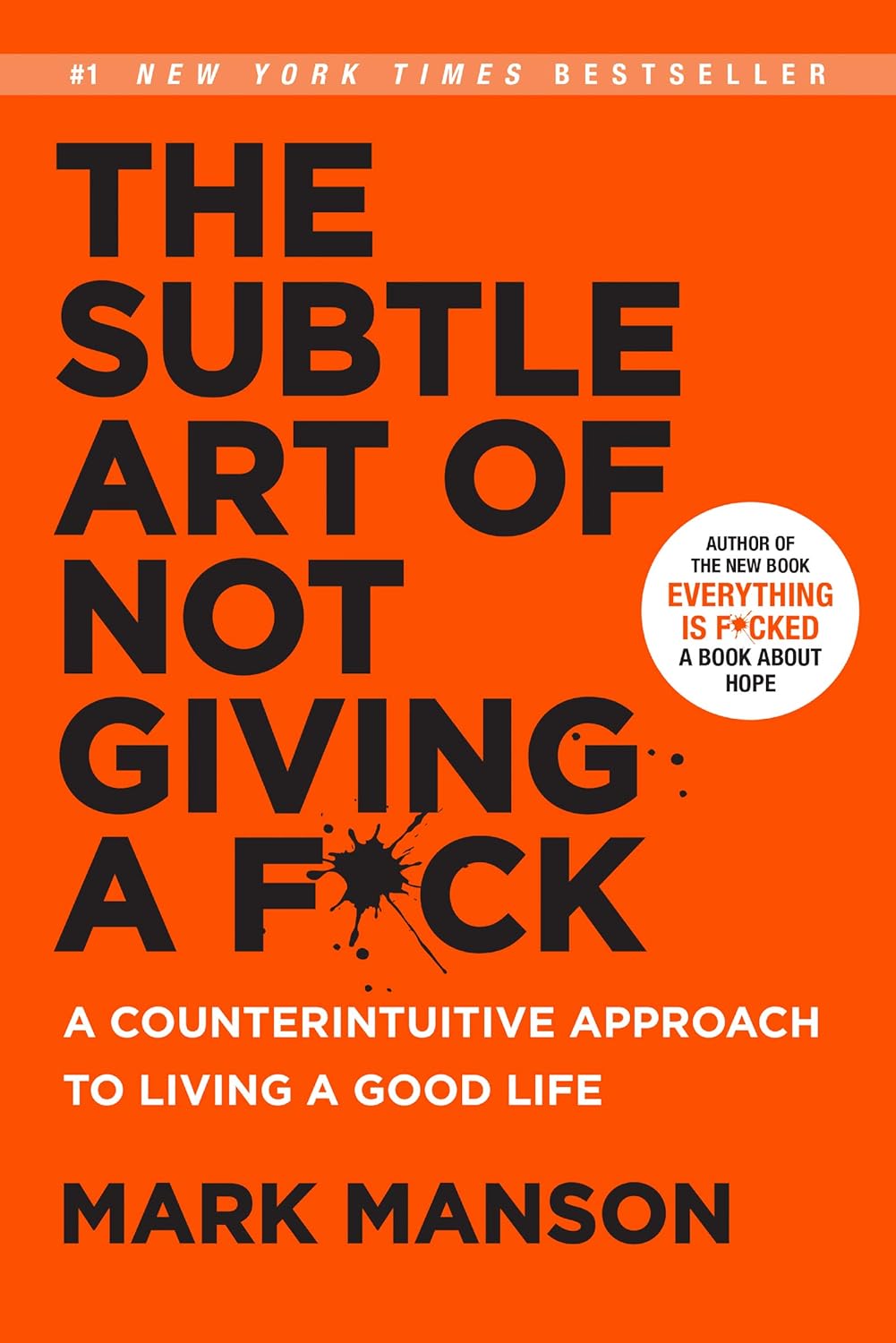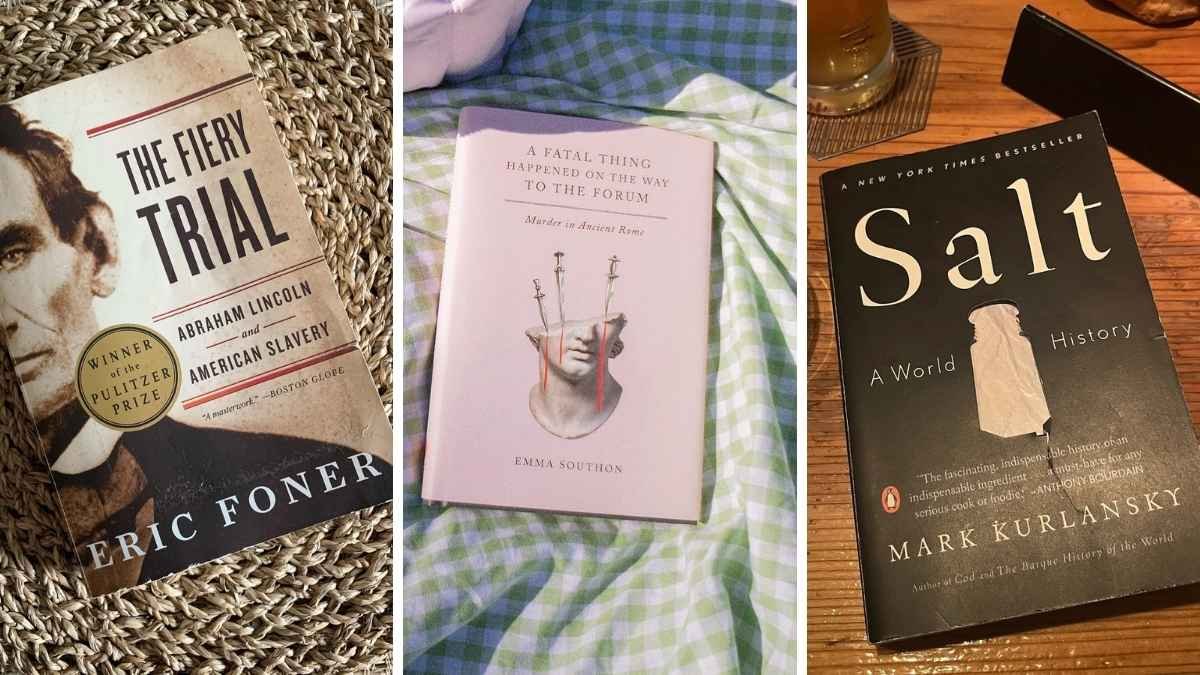
Making friends as an adult feels like solving a cryptic puzzle. You’re juggling careers, kids, mortgages, and the creeping suspicion that everyone in your yoga class already has a “full squad.”
But here’s the secret no one tells you—friendships after 40 aren’t just possible; they’re transformative. They can reignite joy, soften edges, and remind you that you’re never too old to belong.
Whether you’re rediscovering yourself post-divorce, navigating empty-nester life, or just craving deeper connections, these 13 books will be your roadmap. Let’s dive into the first five.
1. How to Talk to Anyone by Leil Lowndes

If you’ve ever stood at a networking event, sweating over small talk, this book is your lifeline. Lowndes breaks down conversation into micro-habits that make you magnetic without feeling forced. She reveals techniques like “empathic listening” (hint: it’s not just nodding) and “mirroring” (subtly matching someone’s energy to build rapport). What sets this apart? Lowndes emphasizes authenticity over gimmicks. You’ll learn to ask open-ended questions (“What’s the most rewarding part of your job?”) that invite genuine stories, not one-word answers.
Why does it matter? After 40, your friendships thrive on quality over quantity. This book teaches you to listen deeply and respond thoughtfully—skills that make people want to stick around.
2. Daring Greatly by Brené Brown

Vulnerability is the secret sauce to meaningful connections, and Brown’s research proves it. She argues that owning your imperfections isn’t just brave—it’s essential to forming bonds. Ever avoided sharing a fear or failure because you thought it’d push people away? Brown flips that script. By embracing vulnerability, you create space for others to do the same.
Try her “shame resilience” exercises: Write down a fear you’ve hidden, then share it with someone you trust. Watch how authenticity breeds trust. This book isn’t just about friendship—it’s about rewiring your mindset to see vulnerability as strength, not weakness.
3. Never Eat Alone by Keith Ferrazzi

Networking isn’t just for job seekers. Ferrazzi’s manifesto turns coffee chats and dinners into friendship factory opportunities. He argues that every interaction is a chance to give, not just take. Whether you’re mentoring a younger professional or sharing industry insights, generosity builds loyalty.
Pro tip: Host a “mastermind group” where peers discuss challenges. Ferrazzi calls this “giving without keeping score”—a philosophy that turns acquaintances into allies. After 40, your network becomes your safety net; this book shows you how to nurture it intentionally.
4. The Like Switch by Jack Schafer

Written by an ex-FBI agent, this book is part psychology, part playbook. Schafer reveals how to build instant rapport using techniques like “mirroring body language” (subtly mimicking someone’s posture) and “labels” (repeating emotions they express, e.g., “You sound passionate about that”).
But here’s the kicker: These tactics work best when paired with genuine curiosity. Schafer stresses that authenticity matters more than any trick. After 40, people can sniff out phoniness from a mile away. Use these strategies to deepen existing relationships, not replace them.
5. Quiet: The Power of Introverts by Susan Cain

If you’re an introvert (or know one), this is your anthem. Cain redefines socializing for those who cringe at cocktail parties. She argues that deep, one-on-one conversations are just as valuable as group outings. Try her “cafeteria strategy”: Invite one person for coffee instead of joining a crowded happy hour.
Why does it resonate? After 40, quality trumps quantity. Introverts thrive in low-key settings, and this book permits them to prioritize meaningful connections over exhausting small talk.
6. Friendshipping: The Art of Finding Friends, Being Friends, and Keeping Friends by Jenn Bane and Trin Garritano

This book is a treasure trove of practical friendship guidance. The authors share their own experiences and wisdom, offering actionable strategies for finding friends, nurturing relationships, and maintaining connections. Whether you’re an introvert or extrovert, you’ll find advice tailored to your personality. For instance, they suggest attending local events or joining clubs aligned with your interests to meet like-minded people. They also emphasize the importance of active listening and empathy in building friendships. Finding friends is just the beginning; nurturing and maintaining relationships requires continuous effort and care. This book will help you understand how to be a good friend and how to find and keep the friends you deserve.
7. Platonic by Marisa G. Franco

This book delves into attachment theory and its relevance to friendships, helping readers understand how early relationships shape adult friendships. Franco explores why we gravitate toward certain friendships and how psychological patterns influence our social connections. Through her research and insights, she provides tools for cultivating meaningful relationships. By understanding your attachment style, you can better navigate your social circle and form deeper bonds.
Franco also emphasizes the significance of vulnerability and openness in friendships. This book is a must-read for anyone seeking to enhance their friendships and gain a deeper understanding of the psychology behind adult relationships.
8. The Subtle Art of Not Giving a Fck* by Mark Manson

While this book isn’t exclusively about friendship, its philosophy of focusing on what truly matters can be applied to building friendships after 40. Manson argues that we should stop wasting energy on trivial matters and instead concentrate on what is genuinely important to us. In the context of friendship, this means learning to set boundaries and prioritizing relationships that bring positivity and growth into our lives.
By not caring about superficial things, we can attract friends who align with our values and goals. The book encourages readers to be authentic and embrace their imperfections, which can help build deeper and more genuine connections.
9. The Charisma Myth by Olivia Fox Cabane

Charisma isn’t an innate trait but a skill that can be learned, and this book teaches you how to develop it. Cabane breaks down the components of charisma into three elements: presence, power, and warmth. Through practical exercises and examples, she shows how to enhance these qualities to attract and connect with others. Presence means being fully engaged in the moment and attentive to others; power reflects self-confidence and influence; and warmth conveys sincerity and kindness.
By mastering these elements, you’ll become more likable and magnetic, making it easier to forge friendships. This book is particularly useful for those who feel shy or lack confidence in social settings.
10. Together: The Healing Power of Human Connection in a Sometimes Lonely World by Vivek H. Murthy

In this book, Murthy, the former U.S. Surgeon General, examines loneliness as a public health issue and provides strategies to combat it. He argues that meaningful connections are essential for mental and physical well-being. Murthy offers practical advice, such as dedicating time each day to loved ones, giving full attention during interactions, and helping others while being open to receiving help.
Loneliness isn’t just an emotional state but can have tangible health impacts. Murthy’s insights remind us that friendship is not only a personal choice but also a societal responsibility. By fostering meaningful connections, we can reduce loneliness and build a more connected world.
11. Find Your People: Building Deep Community in a Lonely World by Jennie Allen

This book provides practical strategies for finding and building friendships as an adult. Allen shares how to move past awkwardness to achieve authenticity in conversations, how conflict can strengthen relationships rather than damage them, and how to identify the type of friend you are and the friends you need. Authenticity is the foundation of deep friendships.
Allen’s advice encourages readers to step out of their comfort zones, take initiative in social interactions, and invest time and effort in nurturing relationships. This book is a valuable guide for anyone seeking to build meaningful connections in adulthood.
12. Frientimacy: How to Make Friends and Build Lasting Connections as an Adult by Shasta Nelson

Nelson’s book focuses on helping women develop closer friendships. It covers topics such as connecting with others, addressing toxicity, overcoming self-doubt, managing jealousy and envy, and conquering fear of rejection. Close friendships require effort, understanding, and mutual support.
Nelson emphasizes the importance of communication and trust in friendships, offering practical advice to help readers build and maintain meaningful relationships. Whether you’re looking to deepen existing friendships or establish new ones, this book provides valuable insights and guidance.
13. Stop Being Lonely by Kira Asatryan

This book focuses on developing closeness in relationships, particularly friendships. It explores how to cultivate deep connections rather than superficial ones. While some of the advice may seem commonsensical, revisiting these principles can help us apply them in practice. Developing close friendships requires openness, trust, and a willingness to share.
Asatryan encourages readers to step out of their shells, engage in meaningful conversations, and invest time in building relationships. This book is suitable for those who struggle with loneliness and wish to develop deeper connections with others.







